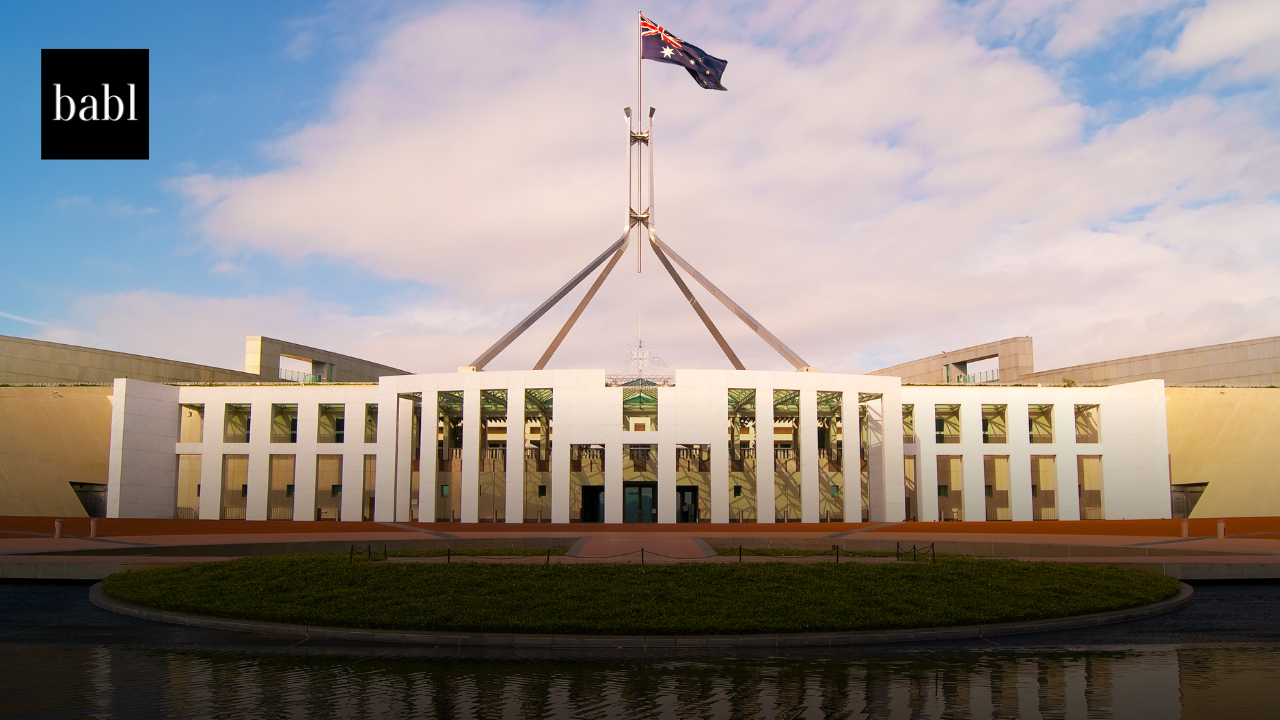UPDATE — SEPTEMBER 2025: After the U.S. Supreme Court upheld the Protecting Americans from Foreign Adversary Controlled Applications Act on January 17, 2025, TikTok’s future hinged on a potential divestiture. Since then, several pivotal events have reshaped the outcome:
-
Trump Executive Order (Sept. 25, 2025): President Donald Trump signed an order approving a framework that allows TikTok to remain in the U.S. under new American-led ownership.
-
Ownership Shift: TikTok’s U.S. operations will move to a joint venture majority-owned by American investors, with ByteDance retaining less than 20 percent.
-
Data & Algorithm Controls: The new entity will oversee TikTok’s algorithms, data storage, and content moderation. All sensitive U.S. user data must be stored on American cloud systems, and recommendation models using U.S. data will be retrained and monitored by U.S. security partners.
-
National Security Safeguards: Ongoing monitoring of TikTok’s code, software updates, and algorithms will be conducted to ensure compliance. DOJ enforcement of the ban is suspended for 120 days while the transaction closes.
-
Supply Chain & Labor Rules: The deal preserves requirements for domestic semiconductor sourcing, high labor standards, and protection against foreign influence.
-
Global Alignment: The U.S. State Department is engaging with allies to promote “trusted AI and digital infrastructure corridors,” echoing broader security goals beyond TikTok.
Completion of the divestiture and a formal CFIUS agreement with U.S. investors. Trump has reserved the right to issue additional orders if needed to secure national security.
ORIGINAL NEWS POST:
U.S. House Passes Bill Cracking Down on TikTok
March 13, 2024, could prove to be a pivotal day, not just for the EU with the passage of the EU AI Act, but also for the United States, as the U.S. House of Representatives greenlit it’s own significant piece of legislation. In a 352-65 vote, lawmakers approved the Protecting Americans from Foreign Adversary Controlled Applications Act, which seeks to prohibit the distribution and use of foreign adversary controlled applications like TikTok within the United States and enable the U.S. Department of Justice to enforce penalties for violations.
The bill makes it unlawful for entities to provide services like app stores or internet hosting that enable these prohibited apps to function for U.S. users. Before prohibitions take effect, the apps must provide data portability allowing users to obtain their account data. Enforcement mechanisms include civil penalties of up to $5,000 per U.S. user violation against entities, with the Attorney General granted authority to investigate and pursue penalties or injunctive relief.
Exemptions are allowed for “qualified divestitures” where the President determines foreign control has been severed. The bill establishes time limits for legal challenges, grants the D.C. Circuit Court exclusive jurisdiction over cases challenging the law or its implementation, and includes severability provisions. It does not authorize penalizing individual users or altering other authorities under existing laws.
Reacting to the bill’s passage, Byte Dance, the owner of TikTok, expressed discontent to several U.S. news outlets, ““This process was secret and the bill was jammed through for one reason: it’s a ban,” a TikTok spokesperson said after the vote was passed. “We are hopeful that the Senate will consider the facts, listen to their constituents, and realize the impact on the economy, 7 million small businesses, and the 170 million Americans who use our service.”
What Next?
The bill now heads to the U.S. Senate. House Speaker Mike Johnson has publicly urged the Senate to pass the bill. Then it would head to President Joe Biden’s desk. The president has publicly stated that he would pass the bill.
Need Help?
You might be wondering how the TikTok bill, or any other AI regulations and laws worldwide could impact you. Therefore, don’t hesitate to reach out to BABL AI. Their Audit Experts can address your concerns and questions while offering valuable insights.





